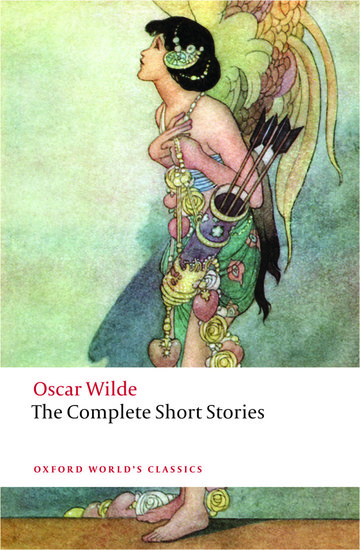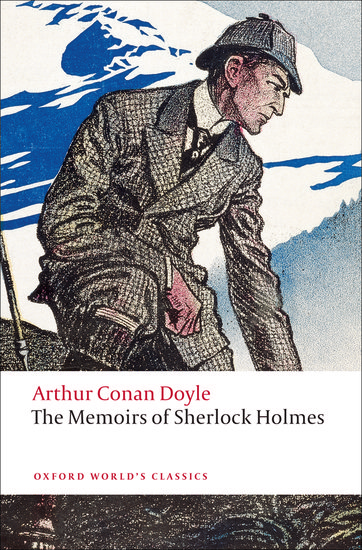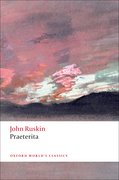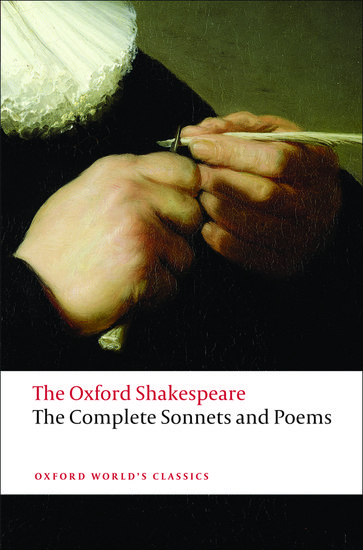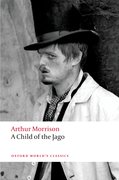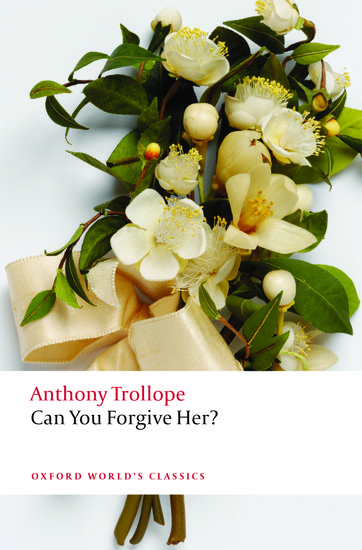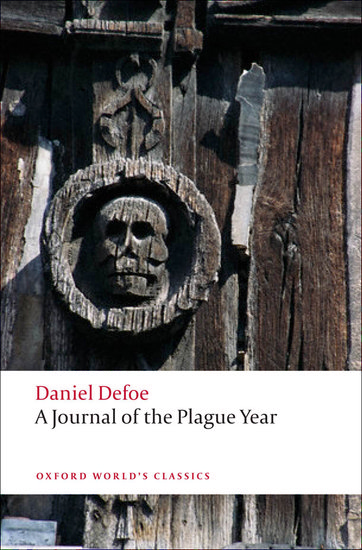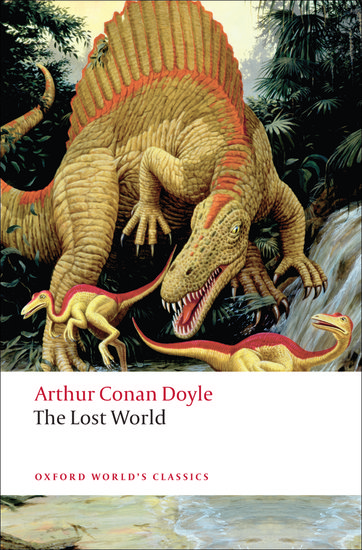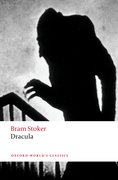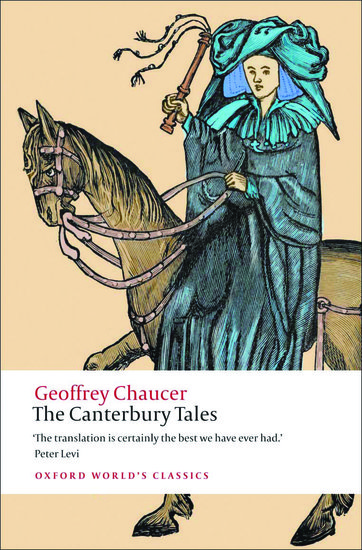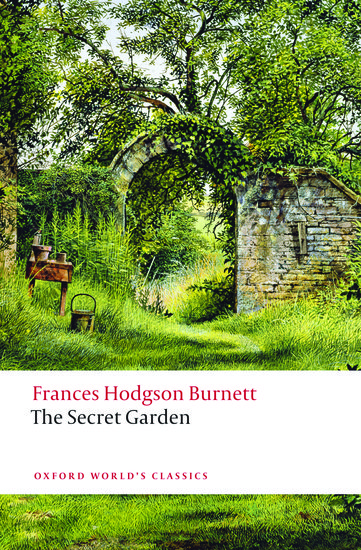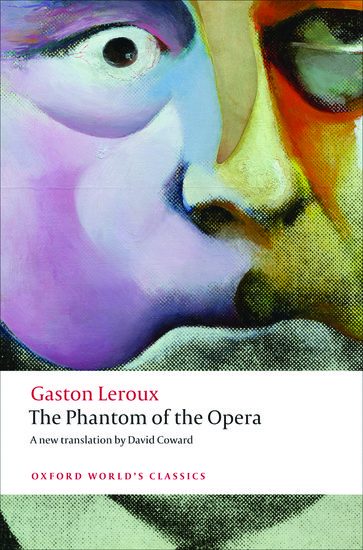A house of judgment for Oscar Wilde
On 25 May 1895, at the Old Bailey Courthouse, Oscar Wilde was convicted of gross indecency and sentenced to two years’ hard labour. A warrant for his arrest on this charge had been issued immediately after losing a libel case against the Marquess of Queensbury, which had also left him bankrupt. While imprisoned at Pentonville and then Wandsworth Prison, his health declined sharply, and following his release, he fled to France. A poet, playwright, novelist, short story writer, and wit, Wilde lost the joy of writing in his final years. Whether or not it be “the love that dare not speak its name,” Oscar Wilde’s “The House of Judgement” shows he was no stranger to examination and judgement before his trial.

